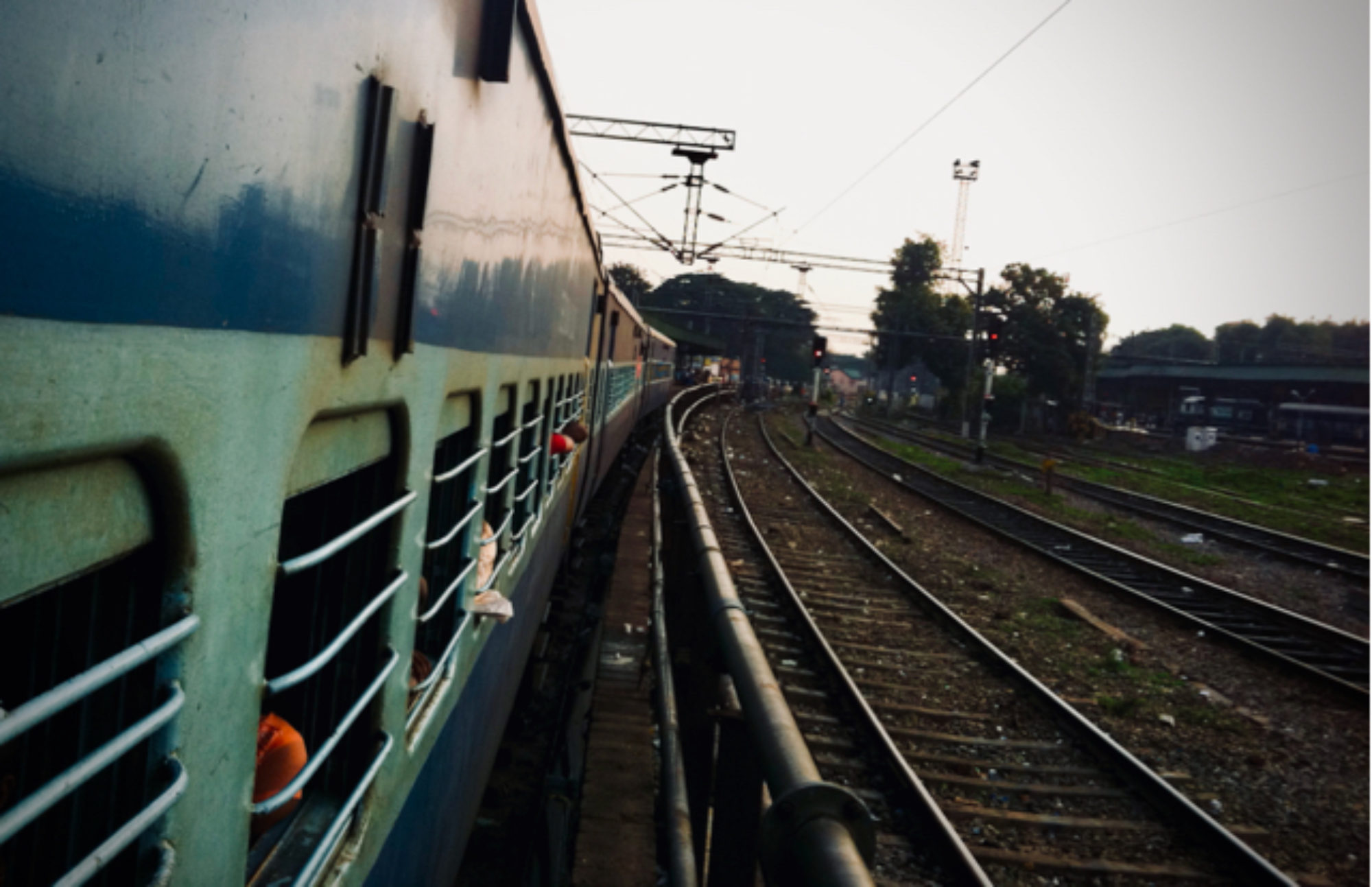This is the fourth post in our series, “Leveraging Mobile Penetration at the BoP for Poverty-Fighting Mobile Transaction Systems.” Click the links below to catch up on anything you might have missed.
- Part 1: Leveraging Mobile Ubiquity at the BoP
- Part 2: Examples of Mobile Money Transactions
- Part 3: Examples of Information Exchange
Social Capital – Networking and Participation
As we introduced in the first post, the key to a successful mobile technology applications to alleviate poverty is the exchange. In the case of networking and participation, an exchange is the receiving and sending of ideas and opinions and the power to organize or participate in the community.
Mobile phones create powerful social networking opportunities. Mobile applications can offer users the opportunity to leverage their networks for referrals and create opportunities for peer lending. Social networking tools, everything from SMS to Facebook, facilitate organization and participation, as we witnessed during Egypt’s Arab Spring Revolution. Leveraging mobile ubiquity to expand on social capital reaps many benefits for users in a community where communication tools are limited.
The mobile phone with its most basic feature, SMS, promotes impact by creating an exchange. NGOs and governments around the world have used SMS texts to inform and alert populations to serious alerts. For example, FrontlineSMS and Jana (both discussed in this Weekly Review) allow businesses and NGOs alike to communicate with their target market in developing countries. FrontlineSMS prompts consumers to participate and engage through a platform that allows NGOs and businesses to send group texts, asking questions and opinions to a large mobile user base. Similarly, Jana (formerly Txteagle) collects market research data with mobile phones by allowing businesses and NGOs to distribute surveys via SMS with promotional incentives.
Tying It All Together – Mobile Ubiquity and Reducing Poverty
It is clear that mobile phones provide many benefits to users at the base of the pyramid. In the United States we have access to such benefits and resources not only through mobile phones, but by many other mediums. We can network on LinkedIn, search for jobs on Monster, read reviews of local service providers on Yelp!, take surveys to get coupons, borrow from a bank, use and build credit, and transfer money in seconds on our online banking applications. While some may argue that these seem to be simply promoting consumerism, the key point to highlight once more is the exchange. To reiterate Dr. Harish Hande’s philosophy, we must allow the poor to create their own wealth by giving them the tools to do so. With a mobile phone at the fingertips of over 70% of the world and a growing community of social innovators, we can create mobile technologies for sustainable global development.
What other ways can we leverage mobile ubiquity to create poverty-fighting technology?
